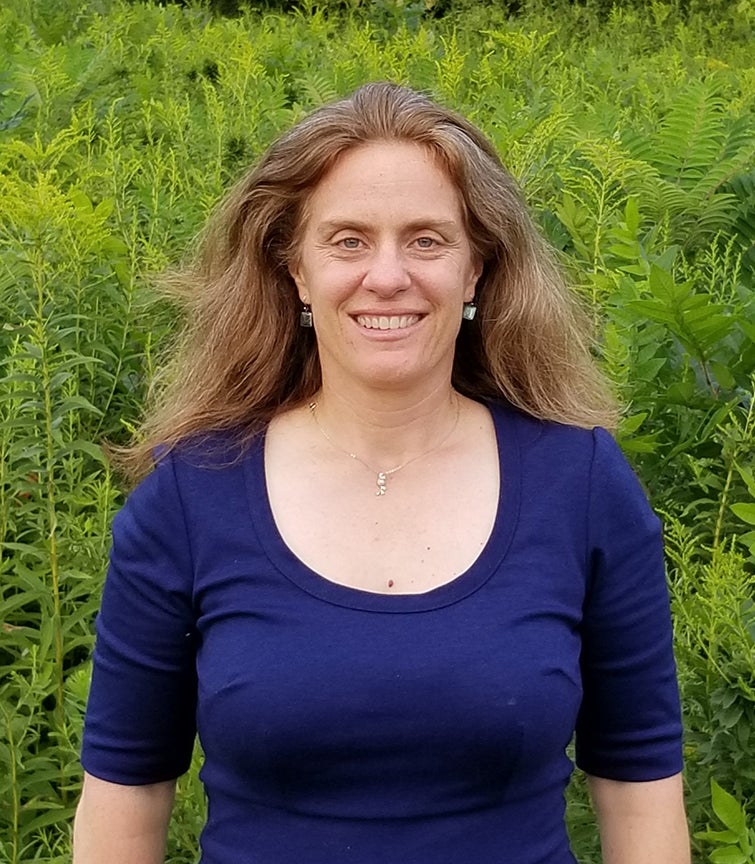KINGSTON, R.I. – June 4, 2020 – A lecturer at the University of Rhode Island has won the Rising Star Award from the Society for Conservation Biology for research she conducted as a doctoral student about the value of protected land to birds.
Michelle Peach of Wakefield received the award following the 2019 publication of a paper about her research in the journal Conservation Biology. The award recognizes outstanding student researchers and communicators in the field of conservation biology.
A native of Minnesota who worked for the Nature Conservancy in upstate New York and the Rhode Island Natural History Survey before being hired by URI, Peach focused her research on whether birds were more likely to persist in areas that had extensive protected land and whether protected land encouraged birds to move into the area.
“Lots of organizations set aside land to ensure that human impacts are minimized, but there hadn’t been a lot of scientific research showing that it’s an effective strategy for conserving biodiversity,” said Peach, who earned her doctorate at the SUNY College of Environmental Science and Forestry in Syracuse. “And in the context of climate change, scientists think that species will shift their distribution, so I wanted to know whether protected areas will serve as early places for them to move into as changes occur on the landscape.”
Using data from breeding bird atlases in New York and Pennsylvania from the 1980s and 2000s, she found good and bad news.
“The good news is that protected areas are doing exactly what we hoped they would be doing,” she said. “They decrease the risk of local extinction in an area and they facilitate movement of birds into new areas. Species are more likely to colonize areas with protected land than without.”
While her results were positive over the 20-year period she examined, she is less certain about the success of protected lands over the long term.
“Climate change is predicted to be much more dramatic in the future than in the period we looked at,” Peach said. “So while protected areas have positive effects, it’s not clear that’s going to be enough to conserve biodiversity as changes become more dramatic in the future.”
While her research focuses on birds, Peach does not consider herself an ornithologist.
“I’m good at data analysis and quantitative work, and I was fortunate to have this tremendous data set to work with,” she said.
Peach has a related research paper that will be published soon that examines the conservation value of protected lands that have strict rules for managing the land versus those that allow timber harvesting and other changes to the habitat.
In the meantime, she will continue to teach classes in ecology and natural resources while developing new online courses for URI’s new graduate certificate program in natural resources and the environment.
“As challenging as the spring semester was – having to shift classes online because of the pandemic – I had already been preparing to teach online courses next fall, so I was in a better position to make that transition,” she said.

